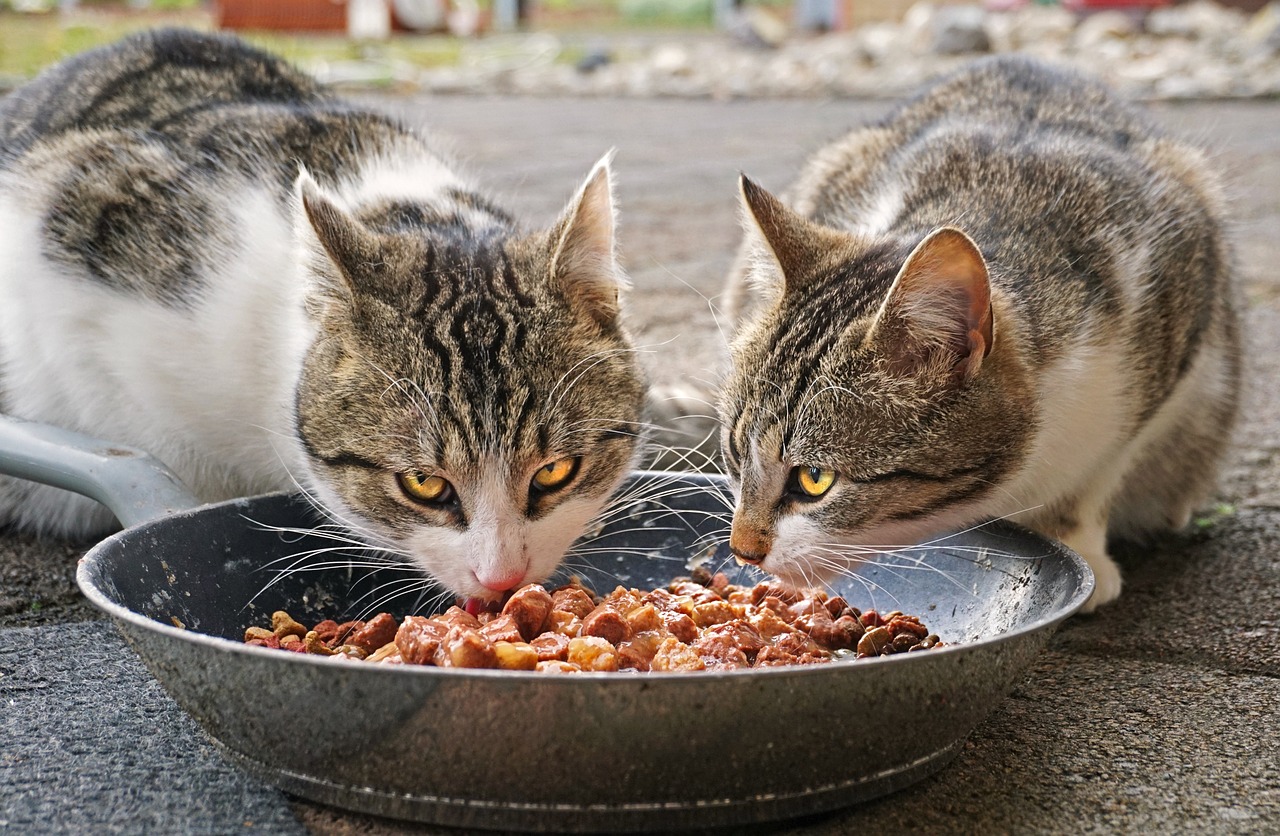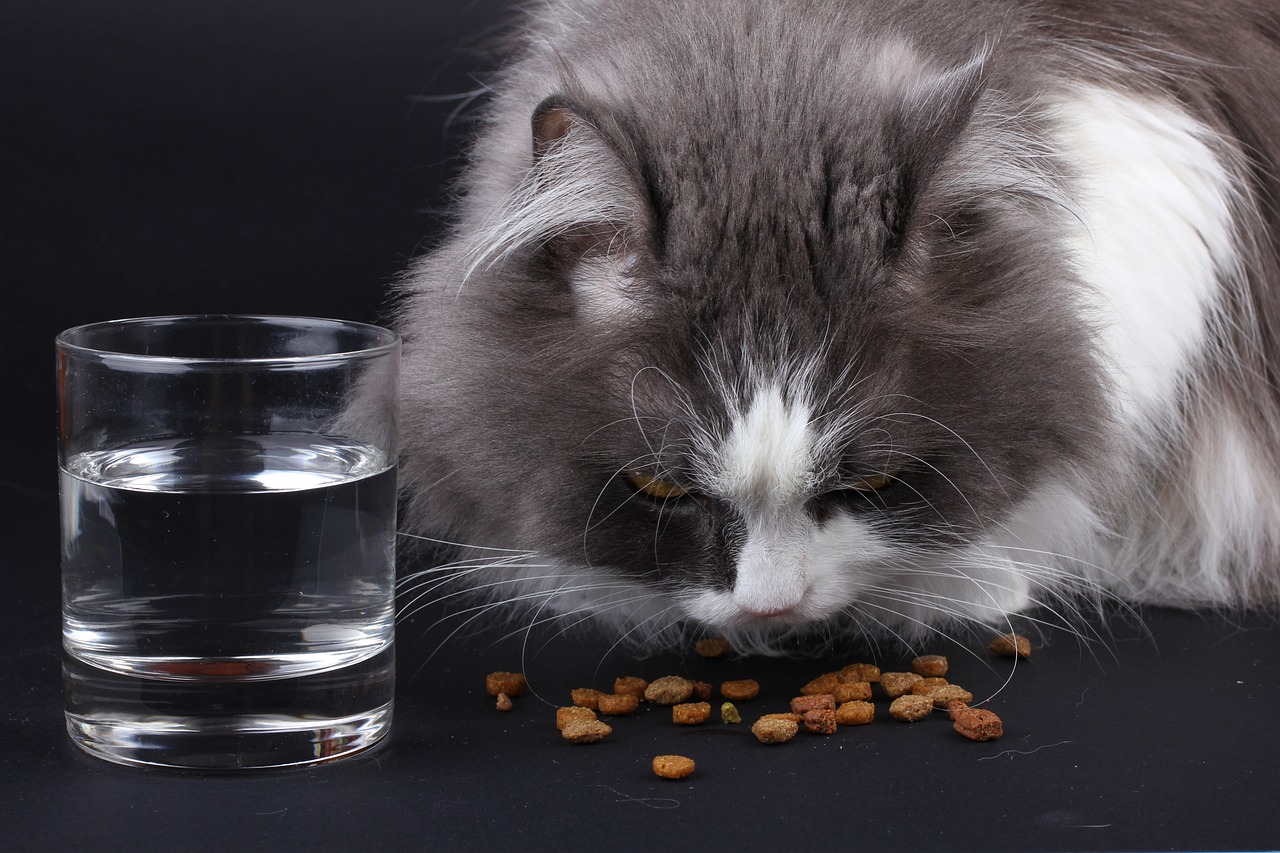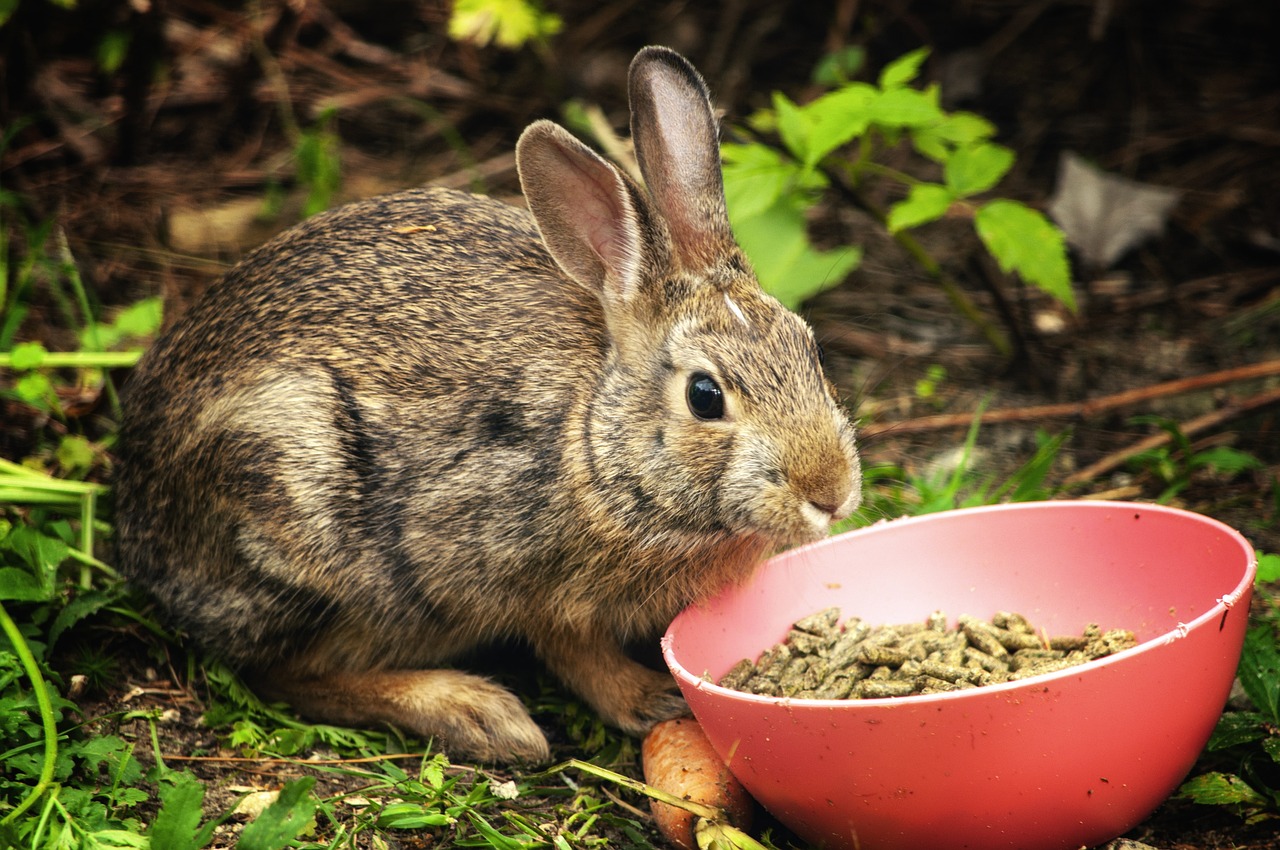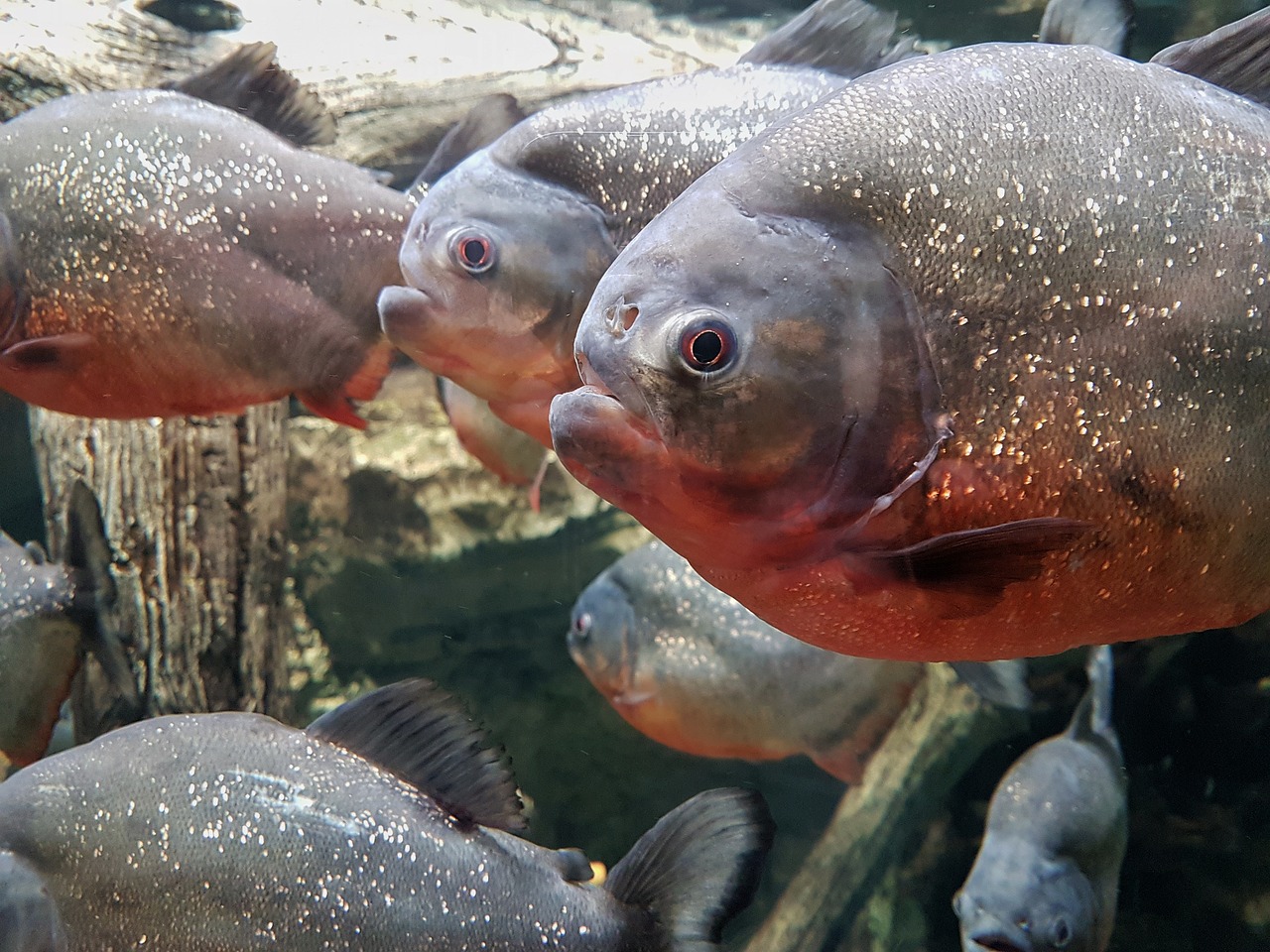Cats are unique creatures with specific dietary requirements that vary greatly from those of humans and even dogs. Proper nutrition is vital for their well-being, and understanding their dietary needs is crucial for any responsible cat owner. In this comprehensive guide, we will explore the various aspects of feline nutrition, covering topics such as types of diets, essential nutrients, portion control, special dietary considerations, and water intake.
Understanding Cat Dietary Needs
Before delving into the specifics of cat diets, it’s essential to recognize that cats are obligate carnivores. This means that their diet must primarily consist of meat. Unlike dogs, they require a diet rich in animal-based proteins to thrive.
Types of Cat Diets
Understanding the different types of diets available for cats is the first step in ensuring your feline friend’s well-being.
Homemade vs. Commercial Cat Food
One critical decision is whether to feed your cat homemade or commercial cat food. Both options have their advantages and disadvantages. Homemade cat food allows for better control over ingredients, but it requires careful planning to meet nutritional needs. Commercial cat food, on the other hand, is convenient and formulated to meet feline dietary requirements.
Essential Nutrients for Cats
Cats need a well-balanced diet to maintain their health and vitality. Let’s take a closer look at the essential nutrients they require.

Protein
Protein is the cornerstone of a cat’s diet. It is necessary for muscle development, and unlike humans, cats rely on animal-based protein sources to obtain essential amino acids. High-quality cat food should have a substantial protein content, typically derived from sources like chicken, fish, or turkey.
Fats
Fats are another crucial component of a cat’s diet. They provide energy and support the absorption of fat-soluble vitamins. Healthy fats can be found in meat and fish, and they are essential for a glossy coat and overall well-being.
Carbohydrates
Cats do not require carbohydrates in the same way humans do. While some carbohydrates can be included in their diet for fiber and energy, a cat’s primary energy source should be protein and fat.
Portion Control and Feeding Schedule
Overfeeding or underfeeding can lead to health problems. Proper portion control and a consistent feeding schedule are key to ensuring your cat maintains a healthy weight.
Special Dietary Considerations
Several unique dietary considerations are important for specific situations, such as allergies and food sensitivities and weight management.
Allergies and Food Sensitivities
Just like humans, cats can develop allergies or food sensitivities. Identifying and eliminating problematic ingredients from their diet can significantly improve their quality of life.
Weight Management
Maintaining a healthy weight is essential for a cat’s overall well-being. Learn how to manage your cat’s weight through diet and exercise to prevent obesity-related health issues.
Water Intake
Cats can be notorious for not drinking enough water. Discover strategies to encourage your cat to stay properly hydrated, which is vital for kidney health and overall vitality.
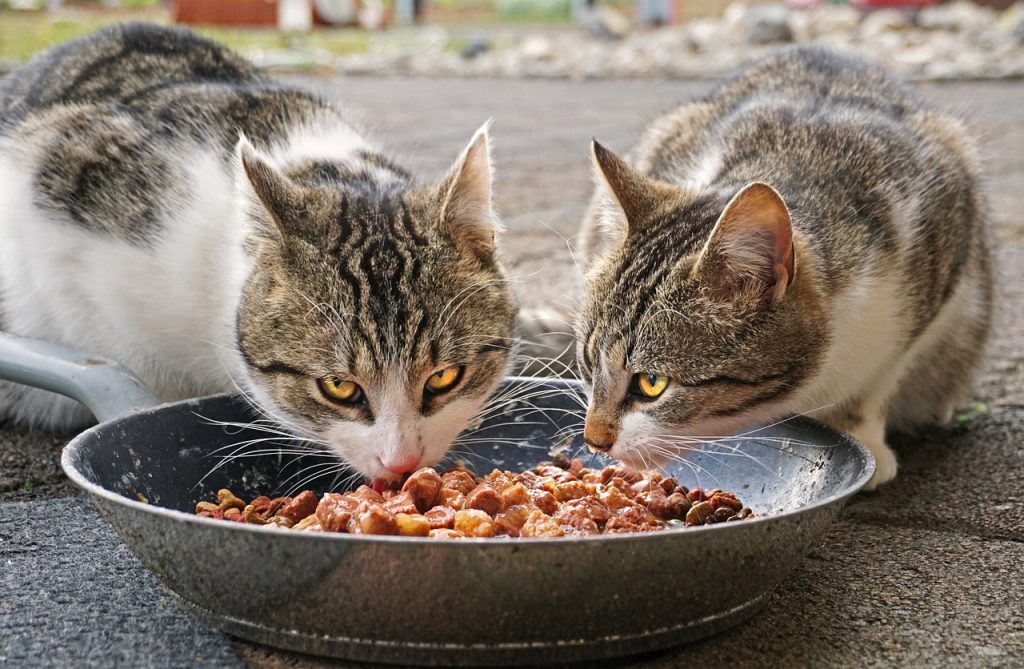
Conclusion
In conclusion, understanding and meeting your cat’s dietary needs is essential for their health and happiness. As obligate carnivores, they require a diet rich in animal-based proteins, along with the right balance of fats and minimal carbohydrates. By providing proper portion control, addressing special dietary considerations, and ensuring adequate water intake, you can contribute to a long and healthy life for your feline companion.
FAQs
1. How can I tell if my cat is allergic to a certain ingredient in their food?
- Look for signs such as itching, vomiting, diarrhea, or skin problems. Consult your veterinarian for a proper diagnosis.
2. Can I feed my cat a vegetarian or vegan diet?
- No, it is not recommended. Cats require animal-based protein to meet their nutritional needs.
3. What’s the best feeding schedule for my cat?
- Consult with your veterinarian to establish a feeding schedule that suits your cat’s age, activity level, and dietary requirements.
4. How can I encourage my cat to drink more water?
- Provide a clean water source and consider a cat water fountain to make it more appealing.
5. Are there specific cat food brands known for high-quality nutrition?
- Yes, many reputable brands offer high-quality cat food. Consult your veterinarian for recommendations tailored to your cat’s specific needs.
